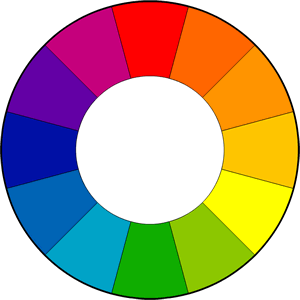Our way of putting news out in print has maintained a certain structure: A concise, yet captivating title, an introductory paragraph that tells you who, what, when, where, and why, and more paragraphs laying out the evidence and details. Deliver news by means of a newspaper has, more often than not, kept biases out, right. Ha, no.
In some ways it has been used to create a subtle divide through how the picture is painted. It has become a tool to expand racism, to strike fear, and to sway people into viewing things a particular way.
Some examples:
And that is only a few of the first ones that come up. So, what do these articles have in common? They use studies to back up their ideas that there is a divide in how white persons versus people of color are depicted.
Now, this goes beyond just newspaper. Ya see, no longer are news papers really all that relevant. Now, it's the same idea - except its all over the internet just waiting for people to get angry and share it. So, we are perpetuating the divide by allowing the obvious bias to consume us before we know the actual facts. And because certain people are painted more negatively by some, we (by default) view them more negatively.
A way of gaining information has become a way of losing out on our unbiased truths in things happening around us.
My Writing: Academic vs Casual
I have noticed that when it comes to writing for academic purposes it sounds so confined and like I am trying to sound prestigious (which i am far from). For example, in academic writing I would never end a sentence with a preposition. But here I am, doing it now. Writing like I talk. Which is - a bit like how a high school girl speaks. Rocking it.
When I write on a platform such as this, I try to appeal to anyone who could be reading. It doesn't feel like a grade. But even this, knowing it is a grade, is still a bit more formal than if I were to post a general thought to my own, personal blog. However, in both situations I am more comfortable allowing the words to flow. I don't feel like I have to be concise - I can take the time to say "Here's what I'm thinking," "Oh, and this," and "Ya know, this, too." I don't have to limit myself to having only one opinion on something. I am not restricted. And that, that is something that I will always appreciate about a more public, open forum.









